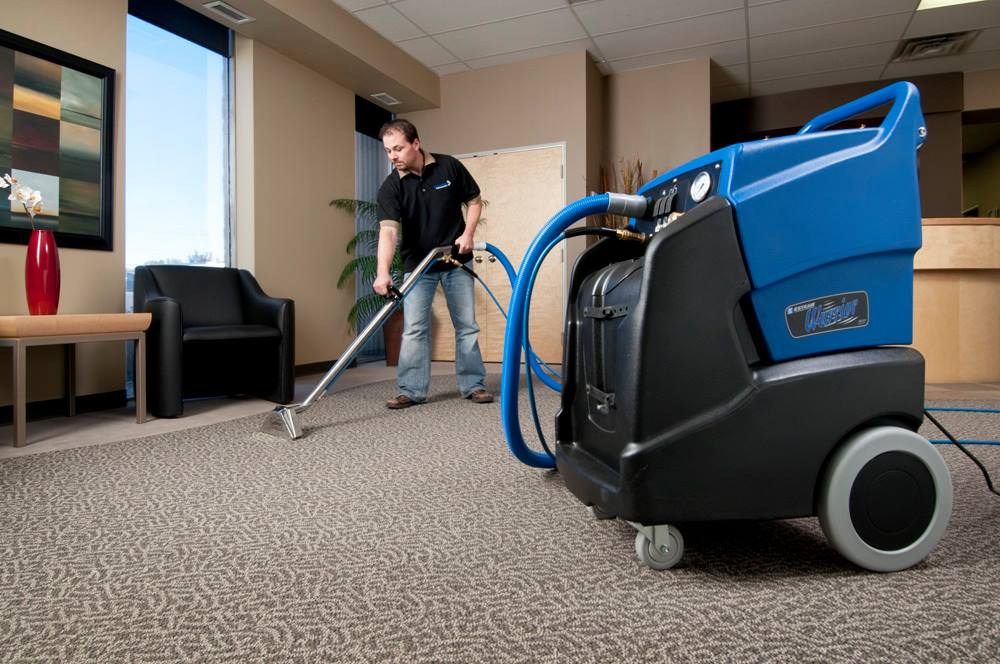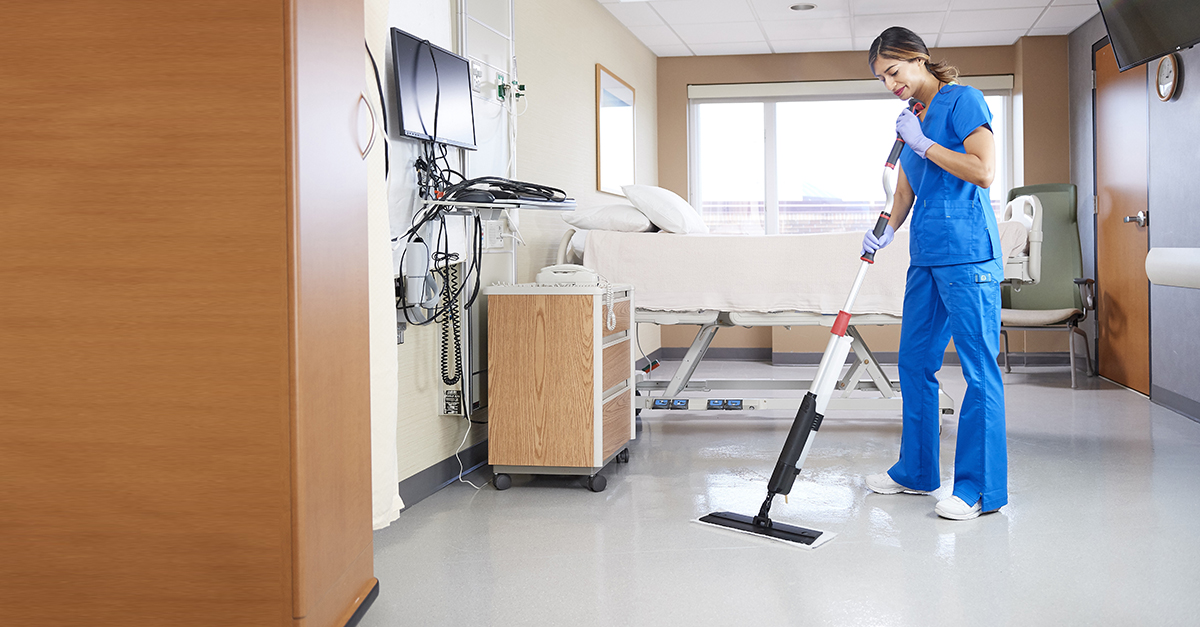Hospitals are really important places where people go when they’re sick or hurt. It’s super important for hospitals to be very clean and free from germs to keep everyone safe. This includes the people who are sick, the people who visit, and the people who work there. Modern cleaners are a big help in making sure hospitals are always clean and safe for everyone who comes in. They do a lot to keep the hospital environment clean and healthy for everyone. Let’s explore why their role is so crucial.
The Importance of Clean Hospitals
Clean hospitals in Closter, NJ, are super important for a few big reasons. First off, they stop bad germs and infections from spreading between patients. This helps sick people get better faster because they’re not getting more sick from germs. Plus, when hospitals are clean, doctors and nurses can focus on taking care of patients without worrying about them getting more sick from dirty stuff. So, a clean hospital is like a safe zone where everyone can concentrate on getting better without any extra worries.
How Modern Cleaners Help
Modern cleaners utilize advanced equipment and specialized cleaning solutions to effectively eliminate germs and maintain cleanliness in hospitals. They pay close attention to detail, ensuring that all surfaces, from patient rooms to waiting areas, are thoroughly cleaned and sanitized. Their efforts contribute to creating a safe and hygienic environment for patients, staff, and visitors alike.
The Role of Cleaners and Janitors
Cleaners and janitors, along with powerful tools like the Power Steamer Pro in Closter, NJ, play a crucial role in keeping hospitals clean and preventing the spread of infections. They work tirelessly to clean and disinfect every nook and cranny of the hospital, including patient rooms, bathrooms, corridors, and waiting rooms. Their hard work ensures that the hospital is a safe and sterile environment for everyone who walks through its doors.
Importance of Regular Cleaning
Regular cleaning is essential in hospitals in Closter, NJ, to uphold high standards of hygiene and cleanliness. By regularly disinfecting high-touch surfaces and frequently used areas, cleaners help reduce the risk of infections and cross-contamination. Consistent cleaning practices also help instill confidence in patients and their families, knowing that the hospital prioritizes their health and safety.

Special Areas that Need Attention
Certain areas within hospitals require extra attention when it comes to cleaning. Operating rooms, emergency departments, and intensive care units are particularly high-risk areas where thorough cleaning and disinfection are paramount to prevent the spread of infections. Cleaners pay special attention to these areas, ensuring they meet the highest standards of cleanliness and sterility.
The Impact on Patient Safety
Maintaining cleanliness in hospitals directly impacts patient safety and outcomes in Closter, NJ. Clean hospitals reduce the likelihood of patients contracting healthcare-associated infections, leading to improved recovery rates and overall satisfaction with the quality of care. Patients and their families can have peace of mind knowing that they are in a clean and safe environment conducive to healing.
Training and Education
Cleaners in hospitals undergo comprehensive training and education to equip them with the necessary skills and knowledge to perform their duties effectively. They learn proper cleaning techniques, safe handling of cleaning chemicals, and infection control protocols. Ongoing education ensures that cleaners stay updated on the latest cleaning practices and technologies to maintain the highest standards of cleanliness in hospitals.
Collaboration with Healthcare Staff
Cleaners work collaboratively with doctors, nurses, and other healthcare professionals to maintain a clean and safe hospital environment. They follow strict protocols and guidelines established by infection control teams to minimize the risk of infections and ensure compliance with healthcare regulations. This collaborative effort between cleaners and healthcare staff is essential in promoting patient safety and well-being.
Environmental Sustainability
Modern cleaners in hospitals also prioritize environmental sustainability by using eco-friendly cleaning products and practices. They minimize waste and reduce the use of harmful chemicals, contributing to a healthier environment for patients, staff, and the community. By adopting sustainable cleaning practices, hospitals can fulfill their responsibility to protect both human health and the planet.
The Future of Hospital Cleaning
As technology continues to advance, the future of hospital cleaning looks promising. Innovations such as robotic cleaners and automated disinfection systems are revolutionizing the way hospitals maintain cleanliness. These advancements not only improve efficiency but also enhance infection control measures, ultimately leading to safer and healthier hospital environments for all.
Conclusion
Modern cleaners, including the efficient Karcher Steam Cleaners in Closter, NJ, play a vital role in ensuring hospitals remain clean, safe, and free from harmful germs and infections. Their dedication to maintaining high standards of cleanliness contributes to the overall health and well-being of patients, staff, and visitors. By prioritizing cleanliness, hospitals can provide a conducive environment for healing and recovery, ultimately improving patient outcomes and satisfaction.

